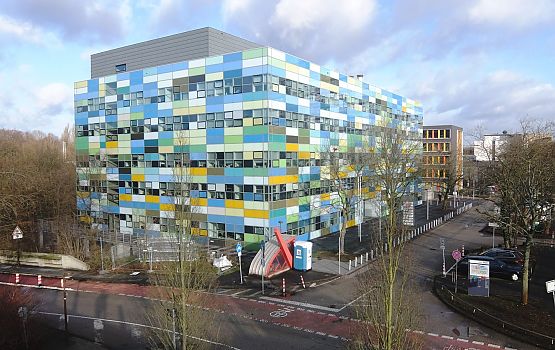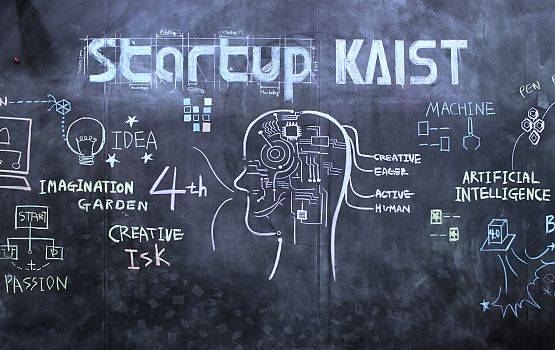Knowledge Metropolises
The increasing relevance of knowledge for both the economy and society is expressed in the concepts of ‘knowledge economy’ and ‘knowledge society’. The spatial density of knowledge carriers and interactions promotes the development, dissemination and application of knowledge and turns metropolitan spaces into nuclei of crystallization for the knowledge economy and the knowledge society. This tendency manifests itself in the current discourse around reurbanization, among others. In the course of its structural transformation, the Ruhr Conurbation has become a dense and diverse research landscape composed of both universities and other research institutions. Nonetheless, compared to other metropolitan spaces, many indicators suggest deficits in the developmental state of knowledge economy and knowledge society. With this in mind, the research field “Knowledge Metropolises” aims to combine the perspectives of various disciplines to examine current challenges of research, knowledge economy and knowledge society – as well as their interdependencies – and their management in metropolitan spaces. Due to its particular challenges, the Ruhr Area lends itself as both a starting point and a diagnostic space (“research lab”), although it will also be compared to other metropolitan spaces nationally and internationally.


Forschungsfragen
- Which role do education and knowledge – universities and research institutions in particular – play for the development of cities and metropolitan spaces in different dimensions (related to urban form and urban spaces, functionally, symbolically, …)?
- Which impulses do education and knowledge – particularly universtities and research institutions – provide for the economic and societal development of metropolitan regions? Which factors influence these impulses and how can they be fostered and supported?
- How do cultural, sociopolitical, technical and economic transformation processes of the 21st century influence knowledge societies and knowledge economies? Which dynamics can be extrapolated for the development of cities and metropolises?
- In how far do forms of knowledge production and investments in knowledge, as well as the ways in which knowledge and technology transfer are designed, have an impact on the metropolitan spaces being analyzed?
- Which role do the educational background of the population and the share of employees in knowledge-based industries and fields of employment play for the development of metropolitan spaces?
- Are there innovative arrangements in knowledge production (e.g. entrepreneurship) which could productively be strengthened in the Ruhr Region?
- In how far do education and knowledge contribute to socio-spatial processes of polarization (segregation) and how could education and knowledge be used to overcome segregation?
For further information or if you are interested in collaborating with the research field Knowledge Metropolises, please feel free to contact Dr. Elke Hochmuth from our coordination office, who supports this research field.